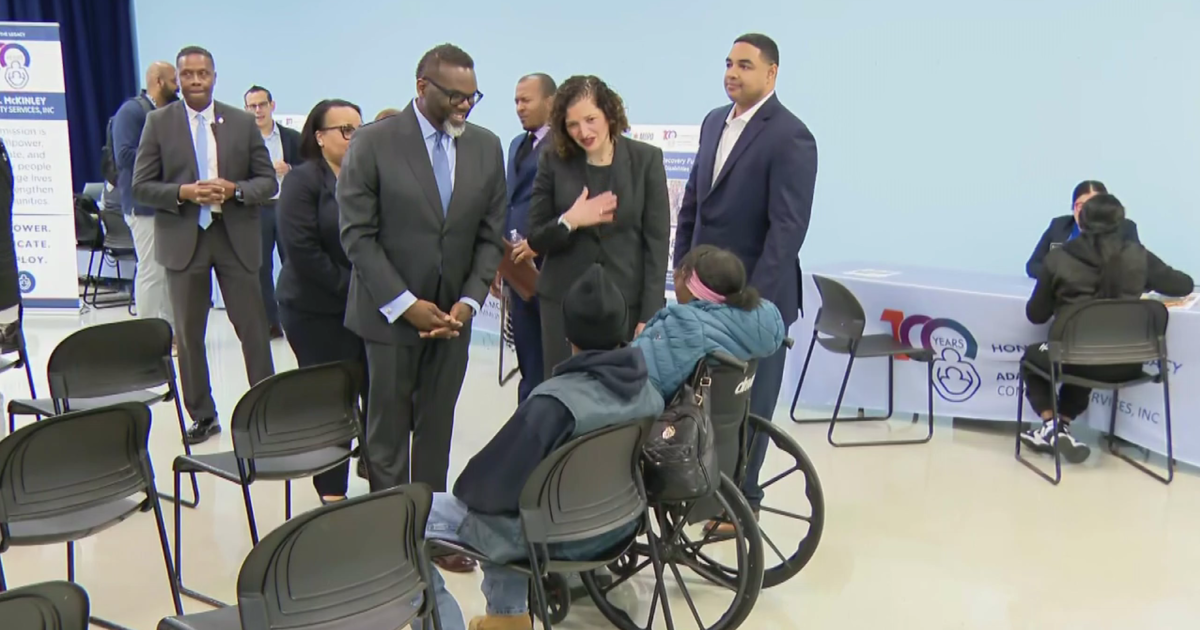An Inside Look At Emergency Room At Rush University Medical Center Amid Latest COVID Surge; 'There Is A Worse Storm Ahead Of Us'
CHICAGO (CBS) -- The latest surge of COVID-19 cases in Illinois continues to tax the hospital system, with more than 7,000 patients hospitalized with the virus statewide, and the state reporting its second-highest number of daily cases on Friday.
While there was a slight dip in hospitalizations over the past day in Illinois, there are still more COVID-19 patients hospitalized statewide right now than during any previous wave of the pandemic.
As of Thursday night, only 18% of the state's hospital beds were available, including only 9% of ICU beds.
CBS 2's Chris Tye got exclusive access inside the emergency room at Rush University Medical Center. While they weren't overwhelmed with patients on Friday, they have been at times in recent weeks.
Spend an hour behind the curtain in the emergency room at Rush, as CBS 2 did on Friday, and several things become clear quickly.
First, while there are beds in hallways, it's not bedlam. Second, there's a cadence to how cases build at Rush each day.
"As the day goes on, the patient census builds. Usually we are full about noon and that stays that way until 11-12 at night," said Dr. Edward Ward, vice chair of the department of emergency medicine at Rush.
A month ago, there were a dozen COVID patients hospitalized at Rush. By Friday, that number had jumped eight-fold, and Ward believes it will continue to grow.
"I believe there is a worse storm ahead of us," he said. "I think the next four weeks are going to be very challenging for anyone in health care and anyone ill right now."
The ill that receive care from Ward are in the toughest shape, and haven't been vaccinated.
Ward said people who die from COVID are typically killed by COVID pneumonia.
Signs at Rush designate where COVID patients start their journey at the hospital as PUIs, or persons under investigation. Once a patient is confirmed to have COVID, the hospital relies on three weapons to keep them alive: personal protective equipment, bed space, and staff.
Rush currently has plenty of the first two, but as far as staff, Ward said, "We are struggling to keep the staffing that we need to be able to run properly."
"This has been very hard for us. There's a lot of people who have weathered the past few years, and we're getting tired and getting frustrated," he added.
The subtraction of staff, the addition of the surge patients, making for a brutal formula and the stark reality of COVID's nastiest wave, which hasn't yet crested.
"The good news is a smaller percentage are getting very, very ill. But if you take a very large number against a smaller percentage, we're still seeing the same number of really sick patients that require admission, intubation and sadly mortality," Ward said.
How much longer will the staff be working long days, will the beds and resources be taxed to their max? Ward said hopes this will be measured in weeks, not months. They're hoping new cases start to drop by early February.



